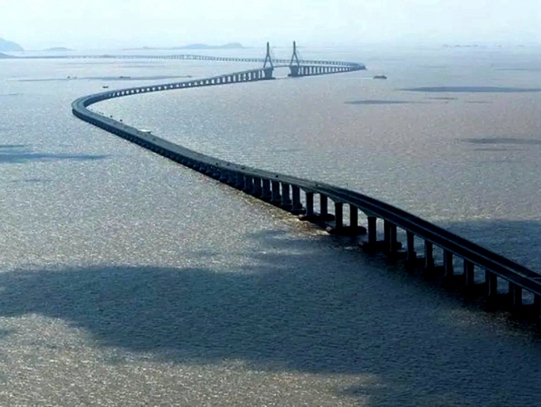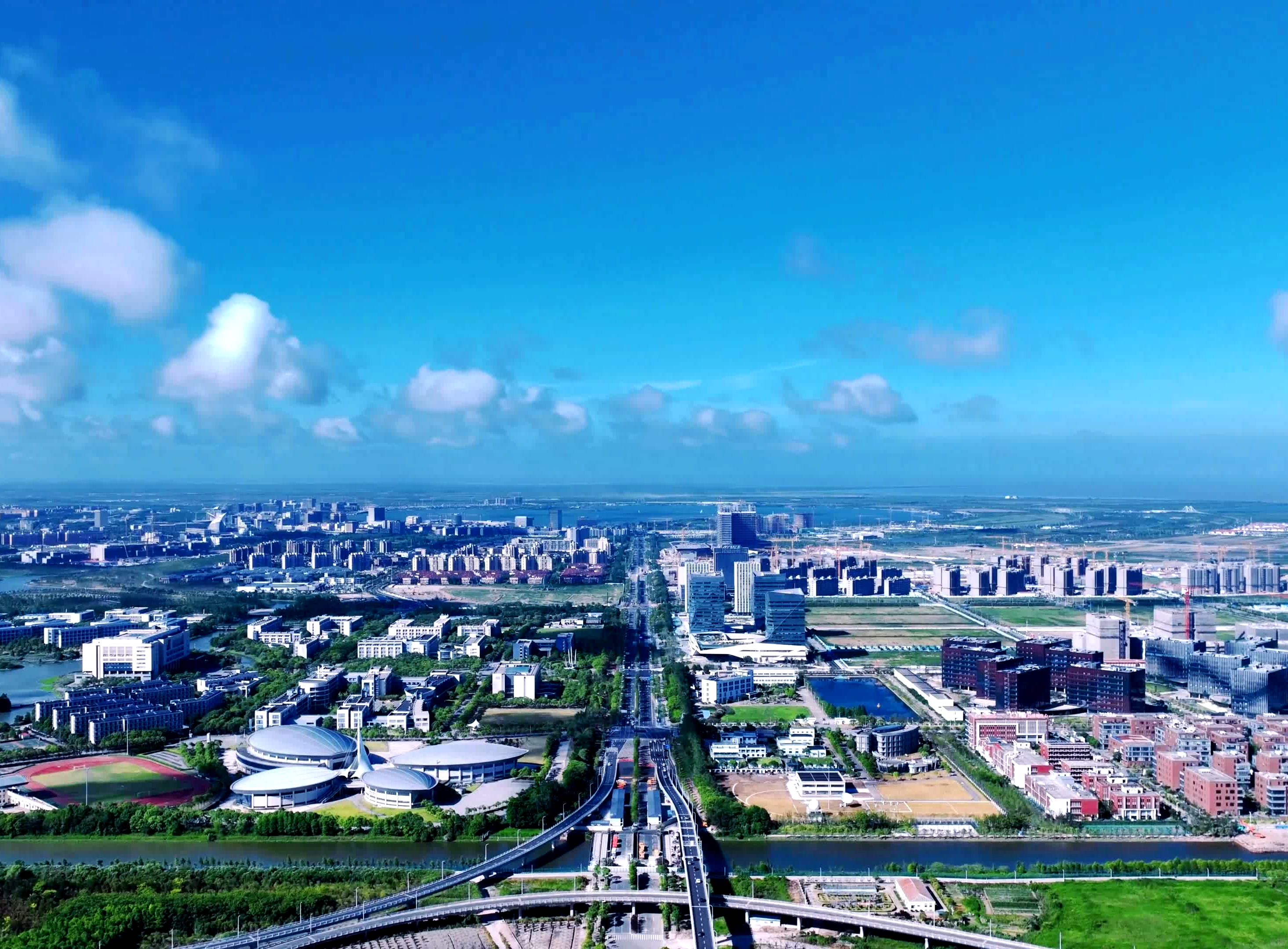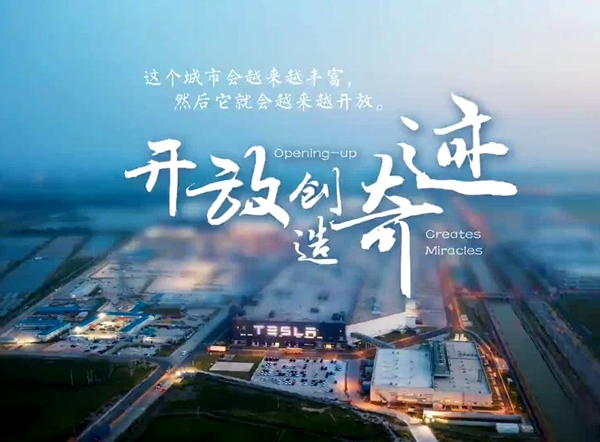Lin-gang: a 'sponge city' soaking up water
A pilot project to help the Lin-gang area capture and store rainwater like a sponge is nearing completion after three years.
A 79-square-kilometer area of Lin-gang near the East China Sea in Pudong New Area, will become China's largest "sponge city" pilot zone, the Shanghai Municipal Engineering Design Institute (Group) Co said on Aug 22, 2019.
The area is within the newly expanded free trade zone. The land near Hangzhou Bay was reclaimed from the sea. It has the artificial Dishui Lake, and its streets are designed like ripples from the lake.
Grass ditches, water-permeable pavements, garden rooftops and wetlands have been created to store rainwater. Scenic water pools are used to control rainwater and prevent flooding.
Solid pavements have been replaced by water-absorbing bricks to reduce pooling on roads even during heavy rain.
Underneath each neighborhood's garden is a huge underground water pool, where rainwater will be collected. Plants and grasses are planted in the gardens over the rain collection pools to purify the rainwater.
The purified water from the pools is connected to self-service car washing facilities in parking lots. The parking lots also have water-permeable bricks and grass areas to prevent water pooling.
Such sponge facilities helped Lin-gang to resist super typhoon Lekima early this month as it battered China's east coast, said Lu Yongpeng, assistant director of the sponge city research center.
These projects are part of the city government's sponge city blueprint that is aimed at making local neighborhoods, streets and greenery better able to capture and store rainwater to ease the impact on the city during both rainy and arid seasons.
The trial project in Lin-gang has been carried out in 26 neighborhoods. All under-construction or future neighborhoods in Lin-gang will be built according to sponge city standards.
Some 36 kilometers of roads have been renovated to have water-permeable pavements, and about 80 percent have opened to traffic.
During a downpour when the super typhoon hit the city, rainwater was distributed to creeks on both sides of the roads and flowed into gardens and wetlands, Lu said.
-
Address No 200 Shengang Avenue, Pudong New Area, Shanghai, China
-
Zip Code 201306
-
TEL +86-21-68283063
-
FAX +86-21-68283000

 In pics: Lin-gang Special Area's magnificent bridges
In pics: Lin-gang Special Area's magnificent bridges
 Video: Stunning aerial scenery in Lin-gang Special Area
Video: Stunning aerial scenery in Lin-gang Special Area
 Video: Opening-up creates miracles
Video: Opening-up creates miracles
